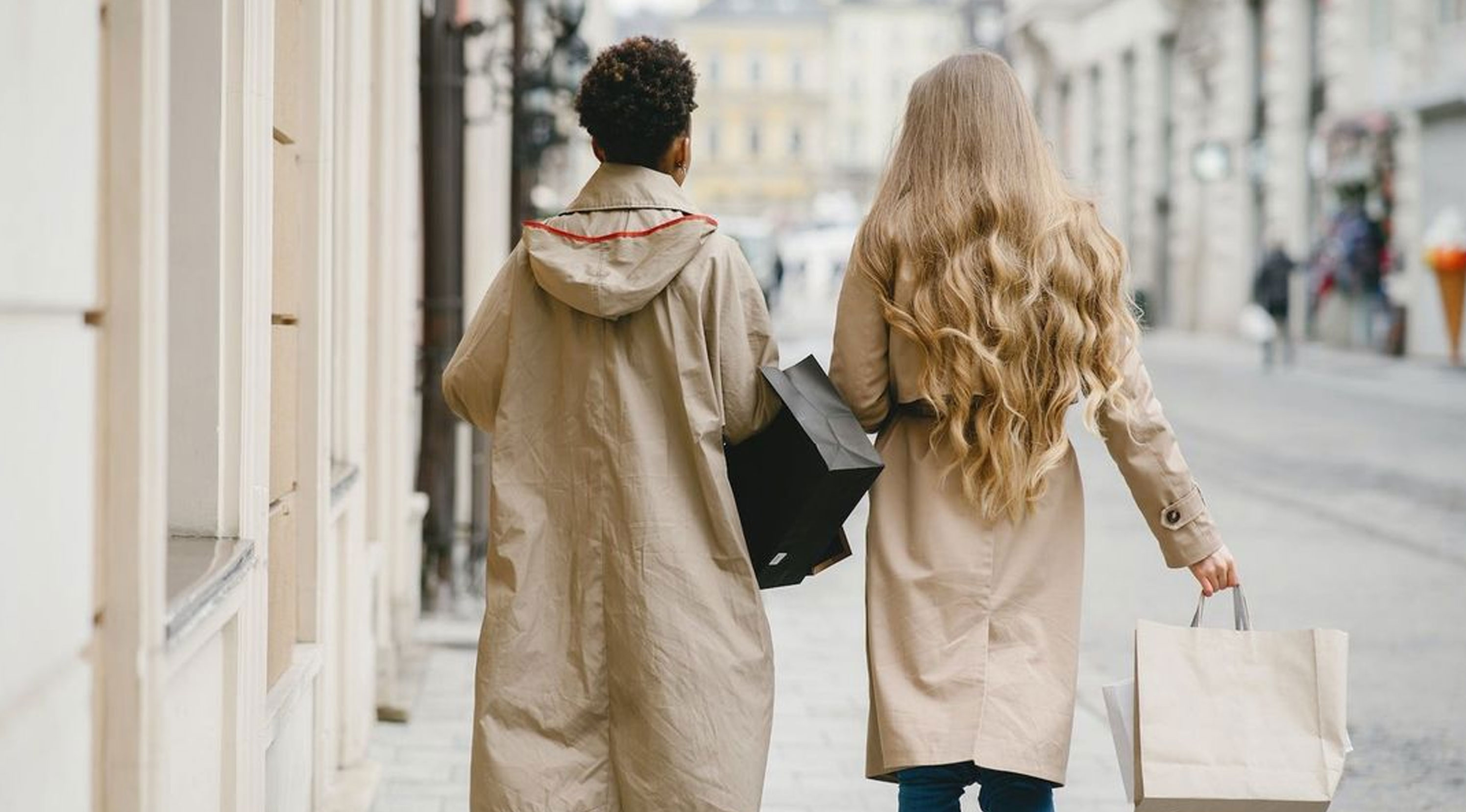 How can brands make customer’s in-store experience more inclusive?
How can brands make customer’s in-store experience more inclusive?
27 January 2023
Read more

In today’s fast-paced retail industry where countless new products are released every year, consumers are overloaded with endless choices, meaning they need to be selective about what they buy and which brands they support. But how can you cut through the noise and build a relationship with consumers that gives them a defining reason to choose your brand over competitors? The answer lies in building an emotional connection with them.
The power of the emotional connection
Establishing an emotional connection with your customers should be considered through every element of your brand, from advertising and aligning your brand with the right personalities to providing a fulfilling in-store experience.
Offering an immersive and engaging in-store experience is something that online shopping cannot compare with, as this allows customers to be fully involved in the brand and its personality. In fact, recent research carried out by 100% Group shows that 39% marketing agencies and retail brands believe that immersive experiences are driving innovation in the retail sector.
An in-store experience can also provide customers the opportunity to be surrounded by like-minded people where they can discuss similar interests, creating a sense of community. These kinds of experiences are key to establishing long lasting relationships, as a recent study conducted by Harris Group shows that 72% of millennials would rather pay for experiences than products. Immersive experiences can also encourage customers to spend more time and money in your store.
The House of Vans in London is one notable example of a brand creating an immersive and memorable experience for customers. Created by Vans, the skateboard apparel brand, the free experience spans almost 30,000 square feet and incorporates art, music, BMX, street culture and fashion. By giving customers the opportunity to shop and socialise in an immersive environment that encourages creative expression, it creates a powerful connection to the brand.
However, experiences don’t need to be permanent to create a lasting impact. In April, Selfridges launched an experimental pop-up store at its Oxford Street location called Supermarket, featuring 3D printing robots to transform plastic pollution into items including homeware, clothing, and sunglasses. Selfridges acting creative director, Emma Kidd, aptly summarised the concept as an opportunity to, “explore Supermarket and hope to spark thoughts and conversation around consumption and physical ownership”. Not only does it provide shoppers with a unique and memorable in-store experience, but it positions Selfridges as a leader in ethical and sustainable retail – an issue that’s only becoming more important to consumers.
Preparing for the new era of retail
As we head into a new era of retail, brands looking to create long lasting and loyal relationships with their customers will need to adjust their approach. In a time where customers are looking for more than just the product they take away from the store, experiential marketing and immersive shopping experiences are going to continue to shape the way retail expands.